-
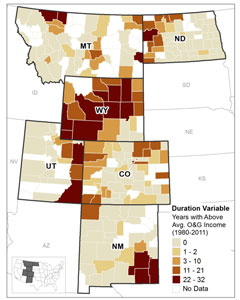
This paper demonstrates that when fossil fuel development plays a prominent, long-term role in local western economies there are negative effects on per capita income, crime rates, and educational attainment. Read more
-
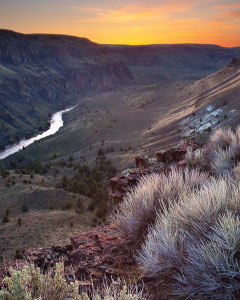
This report provides an initial analysis of the potential economic impact of protecting the Owyhee Canyonlands area in Malheur County, Oregon. Read more
-
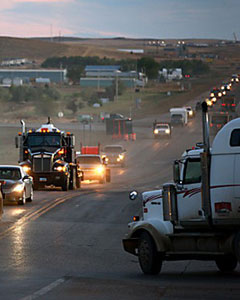
This report explores the challenges for states and local communities caused by unconventional oil and natural gas development, and fiscal best practices that address them. Read more
-
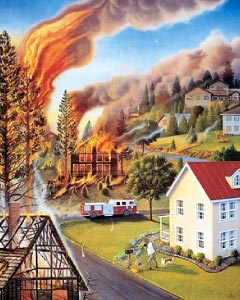
This report describes how the protection of homes in the Wildland-Urban Interface has added to wildfire costs and concludes with a discussion of solutions that may help control escalating risks and expenses. Read more
-
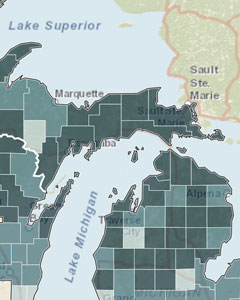
This post summarizes the Climate Adaptation Report which provides a description of key economic sectors at greatest risk from extreme weather or long-term climate shifts and is intended to prepare the region’s forests, water resources, and communities for a less certain future. Read more
-
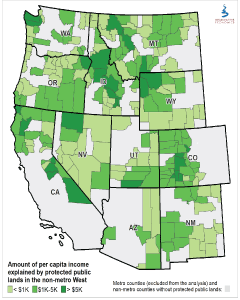
Headwaters Economics research and accompanying interactive map show the amount of per capita income explained by protected federal lands for each county in the non-metropolitan western U.S. Read more